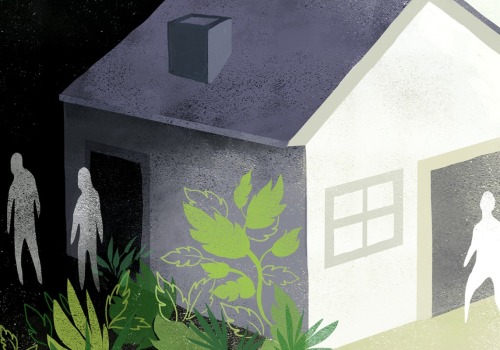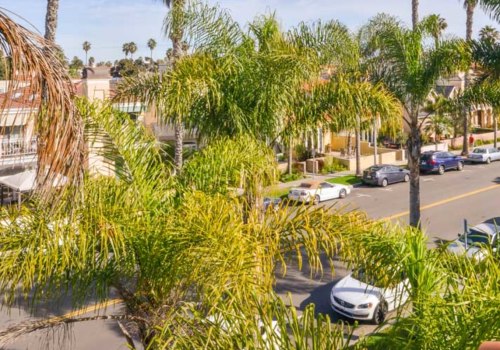The Substance Abuse and Mental Health Services Administration (SAMHSA) National Helpline is a free referral service that provides information about mental health and substance use disorder treatment programs. It is available 24 hours a day, 7 days a week, in both English and Spanish. Those without health insurance can be referred to state-funded treatment programs, while those with insurance can be referred to participating providers and healthcare facilities. The helpline does not offer advice, but rather connects callers to local assistance and support. Alcohol and Drug Addiction Happens in the Best Families is an informative resource that explains how addiction affects the whole family, how substance abuse treatment works, and how to help children from families affected by alcohol and drug abuse.
In general, sober living homes are privately owned homes for people recovering from drug or alcohol addiction. These homes are usually located in quiet and peaceful neighborhoods, where members can de-stress and focus on their growth and recovery journeys. Residents of sober living homes are expected to remain sober while living there, and may be asked to leave if they violate this rule. Most sober living homes also require residents to attend a recovery meeting or support group a certain number of times a week, and some may require regular appointments with licensed addiction treatment specialists. For those who need help finding a doctor, therapist, group, or specialist, seek a sober living that offers clinical referrals to trained addiction recovery specialists.
A regulated schedule is crucial to helping people in early recovery learn to live sober, creating positive and healthy habits such as living responsibly, sticking to a schedule, and being responsible. Sober households almost always have strict curfew rules that allow residents to go out during the day to work, recovery meetings, doctor's appointments, family visits, and more as long as they return home sober before curfew. While residents living in sober households have a high level of independence, supervisory staff as well as other residents help hold each other accountable for their behavior and sobriety. An out-of-state sober living program can help residents update their priorities to focus on sobriety. Services such as recovery training, sober companions, sober transportation, and clinical referrals are valuable tools when a resident's sobriety is vulnerable. It is important to be aware of sober people operating below the standard ethical guidelines of addiction recovery in their daily operation, administration or marketing.




